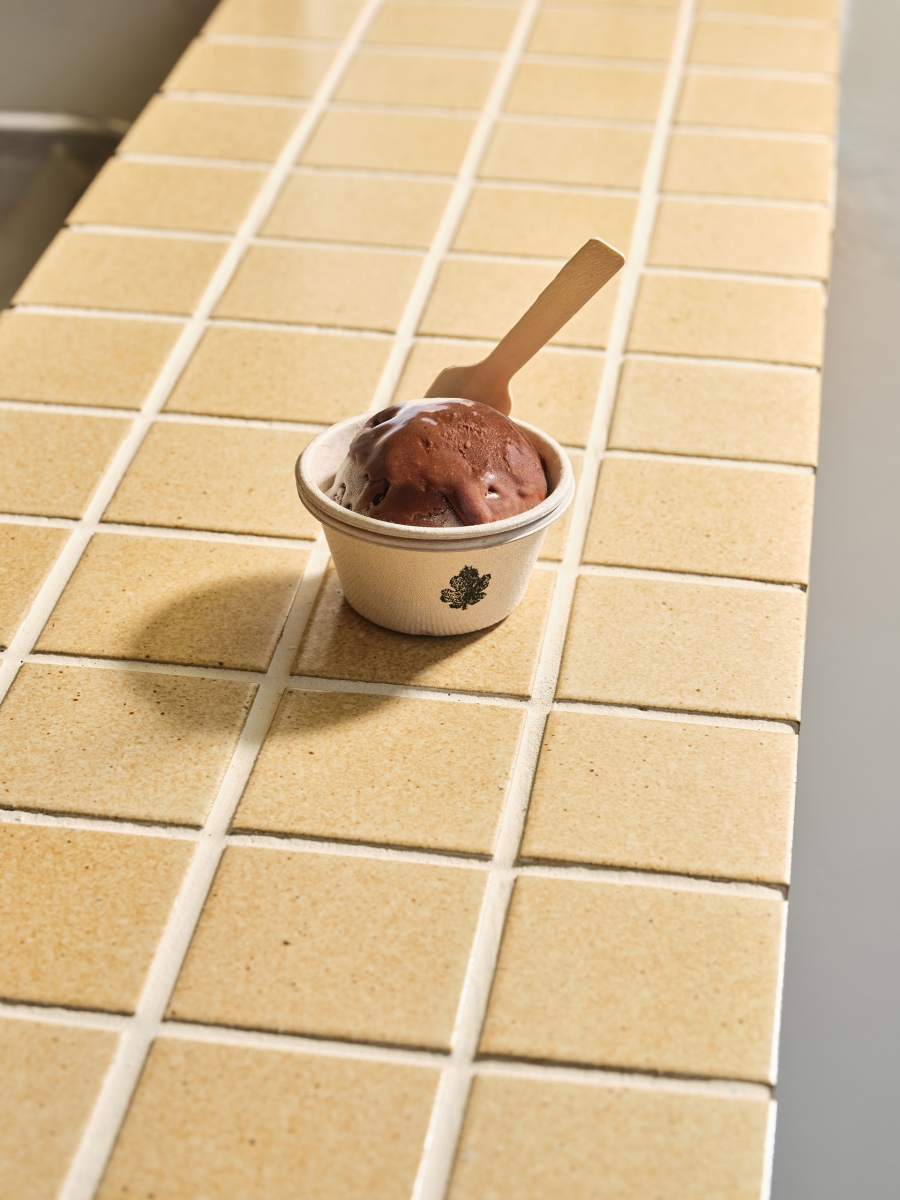The actual discussion of what this product is is thin as paper, which bothers me both as someone who might buy it, and as a person with some scientific interest in the stuff. One hopes that like quorn, it will become a bit better divulged with time. I really don’t like the idea of proprietary foods.
All very good points, true that. I found the low emissions particularly appealing. But yeah, needs more information.
I just learned about it at !technews@radiation.party.
The protein is Solein: https://en.wikipedia.org/wiki/Solar_Foods#Solein_product
the finished product contains approximately 65 percent protein, 20–25 percent carbohydrates and 5–10 percent fats. Solein also contains small amounts of essential minerals, such as phosphorus and potassium. The carbon dioxide emissions from single-cell cultivation are a hundred times lower than from meat production and ten times lower than from crop production.
The protein produced by Solar Foods is similar to that used in Quorn products.[4] The characteristics of Solein are similar to those of soy and dried algae.[10] It is said to be mild in flavor and, when added to a pancake base, to taste a bit like egg.[10] It could be used in various kinds of food products,[23] such as plant-based yoghurts, smoothies, bread or pasta, or as an ingredient in plant-based meat substitutes.[24][7] It could also be used in animal feed.[25]
They say about the process on their website: https://www.solein.com/what-is-solein
Solein® is made from natural single-cell organisms, which are grown in a fermentation process. Water is split with renewable electricity into hydrogen and oxygen. The cells are fed CO2, hydrogen and mineral nutrients. These microorganisms are then able to make amino acids, carbohydrates, lipids (fats), and vitamins.
From the OP article:
If we’re going to avoid climate disaster then cutting emissions generated by farming is critical. And it’s industrial animal farming — for meat and dairy — that is particularly problematic for the environment given how much land and water is required to yield these animal-derived proteins.
Would you cook with Solein? Sounds good to me, would depend on price.

